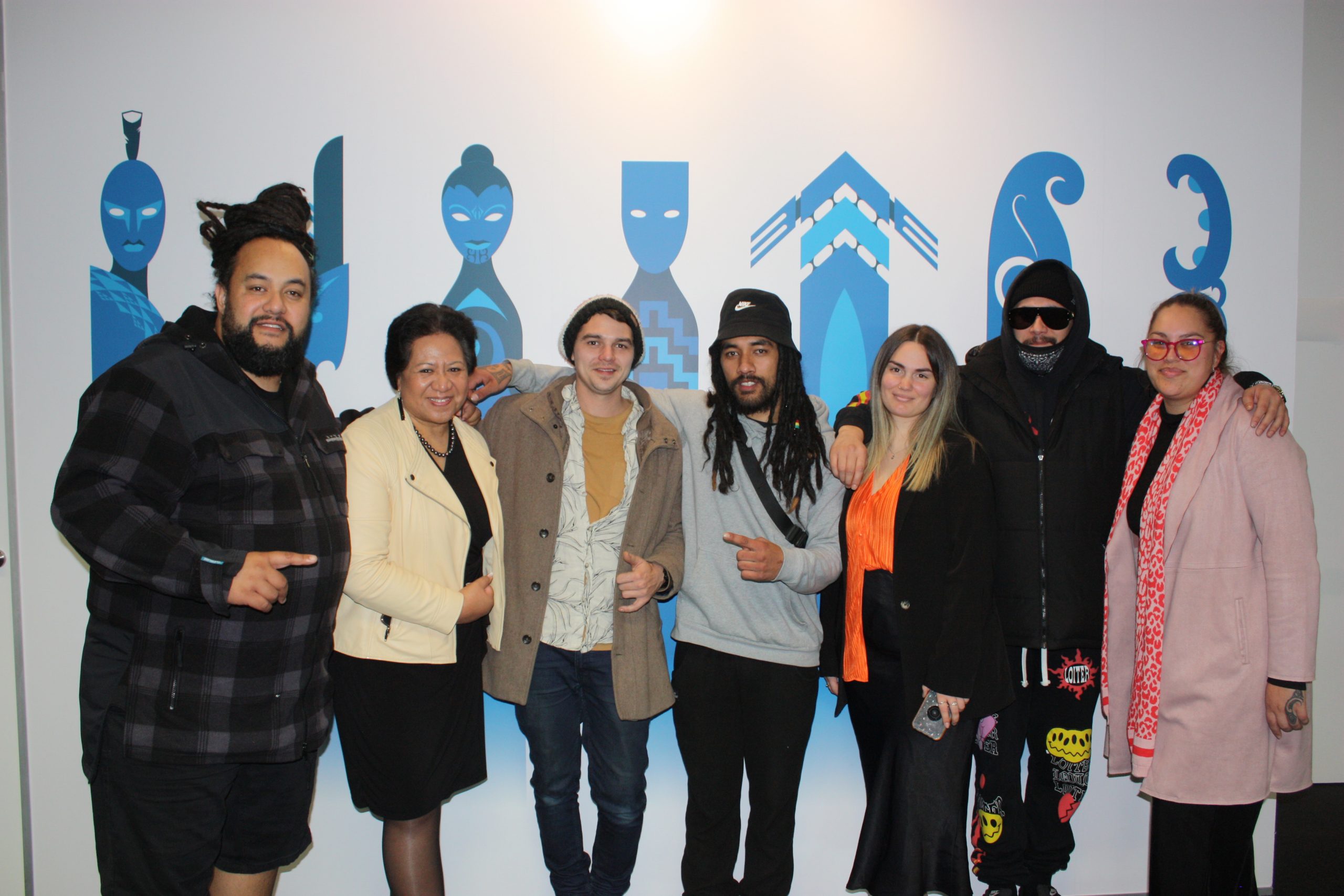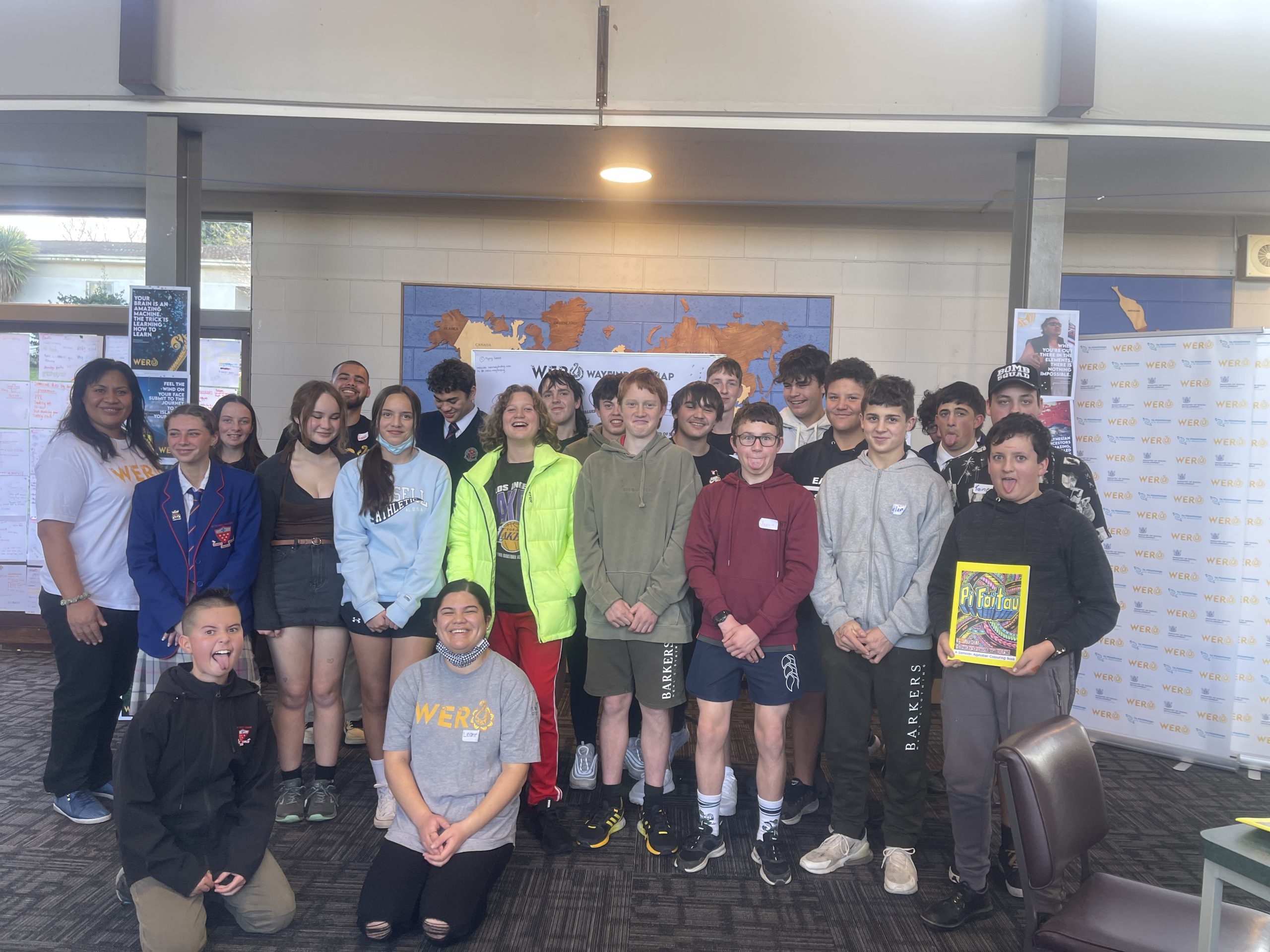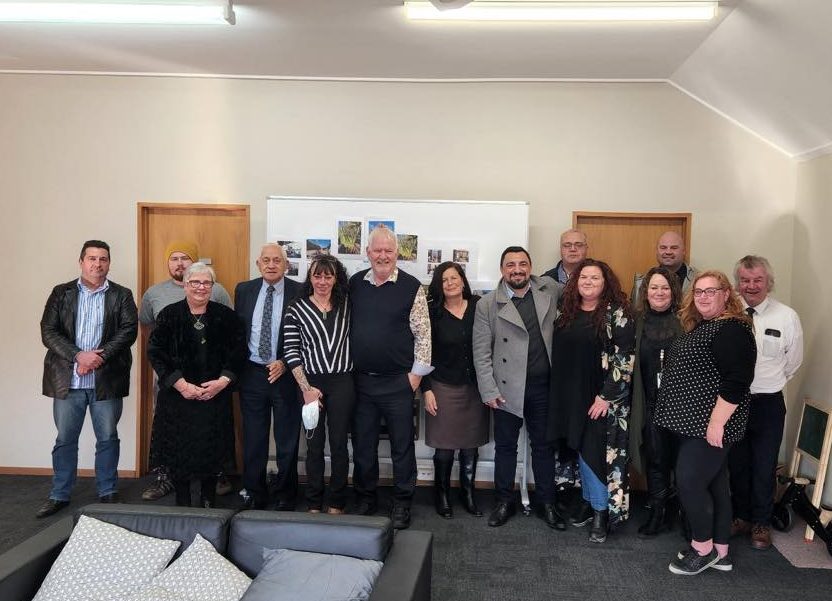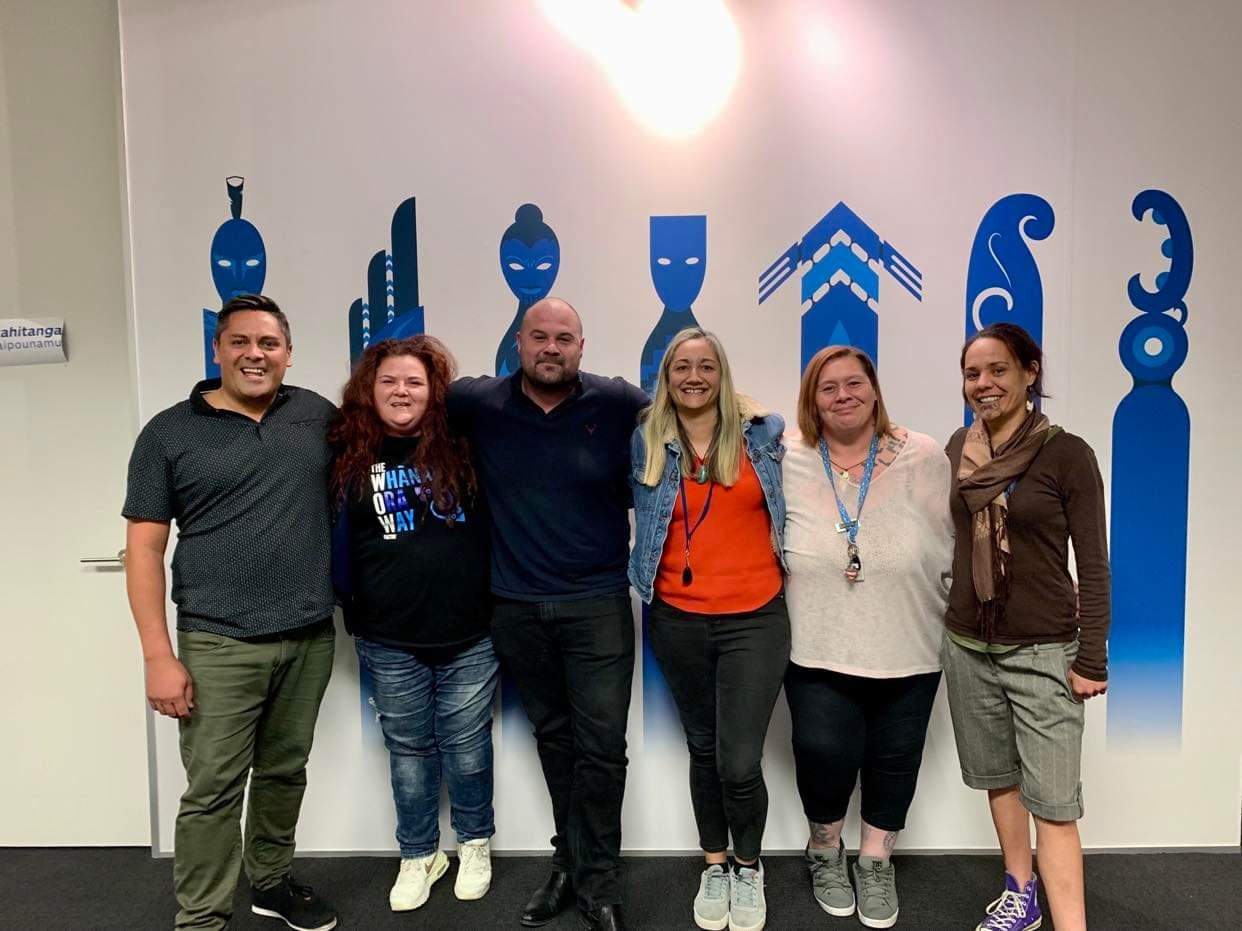LOGIN:
Over the recent weeks, as we have watched the daily case numbers of COVID-19 creeping back up, we have been reflecting on the importance of hauora for our whānau. It is not surprising to see this increase, between the expected surge in cases during the colder months, the introduction of a new sub-variant, and increasingly relaxed attitudes to public health measures.
We are now more than two years into the COVID-19 pandemic, and it has been over six months since we transitioned to the traffic light system, designed to help us “learn to live” with the virus. Many of us have had COVID-19 and have been lucky enough to experience it as nothing more than a bad cold or flu, and perhaps this has led to a sense of complacency about the threat it poses to our hapori.
Our commitment to the nationwide campaign against COVID-19 – stamping it out, slowing the spread, getting vaccinated, getting boosted – was never about protecting ourselves. Instead, we were motivated by the desire to protect the more vulnerable members of our communities, those whose experiences of COVID-19 are anything but mild, who may need hospitalisation and, in some cases, who may lose their lives to the virus as we continue to see.
It is important that we do not lose sight of what we are fighting for – the health and wellbeing of all of our whānau. Although we have learned to live with the realities of COVID-19, we must remain vigilant when it comes to basic health measures. This includes continuing to wear masks and keeping our distance in public places, staying home when we feel māuiui, and reporting our results if we do test positive. Unless you report your result, your GP will not know to contact you and may not be as responsive if you do become severely unwell and need medical attention.
The experts are telling us to buckle up for another wave of infections, with numbers predicted to match those during the peak of the first Omicron wave earlier this year. It is particularly concerning to hear that previous infection offers very little immunity against the new sub-variant BA.2.75, with some people experiencing reinfection just a few weeks after recovering. That means that having had COVID-19 is no longer a free pass to take less care about your hauora – we all need to do our part to protect ourselves and our hapori.
We all need to do our part to protect ourselves and our hapori
Recently we were privileged to receive a visit from People of the Pā and House of Shem. It was a real thrill to have these talented musicians in the whare and to reconnect as they spent some time in Ōtautahi. It was also an opportunity to think about how we can collaborate, including opportunities to tap into their huge network of fans across Te Waipounamu. The past two years have emphasised how important it is to be connected to our communities, and we are always thinking about new ways to get the Whānau Ora message out there and reach as many people as possible. Watch this space…

Earlier this year, we shared the news that A Boy Called Piano received an award for Best Feature Documentary at the prestigious Montreal Independent Film Festival. This beautiful film was created by The Conch and tells the story of Fa’amoana John Luafutu and his time as a state ward.
We caught up with the team behind the film this week and were delighted to learn that it will soon launch in Aotearoa, and will be screening throughout the motu as part of the New Zealand International Film Festival. We encourage everyone to make the time to go and see this powerful and important documentary – click here for more information.
It has been an honour to support the production of A Boy Called Piano. We are beyond proud of the team for the incredible piece of work they have created, and the success it is achieving.
Recently our kaimahi had the opportunity to support a Wero Workshop at St. Peter’s High School in Gore, an innovative programme that gave 20 rangatahi the confidence to dream big and realise their aspirations, creativity and imagination. Our Pouwhirinaki Vanessa Whangapirita attended the workshop and said it was fantastic to see the engagement and inspiration flowing throughout the day.

These photos were taken at a recent wānanga at Tokomairiro that our kaimahi Harley Kaihe-Katterns and Vanessa Whangapiritia were privileged to attend. The wānanga was an opportunity for Tokomairiro Waiora Incorporated to showcase the incredible mahi that they do in the community. Kaimahi from Oranga Tamariki were also present to talk about the work that Tokomairiro Waiora do in that space and Harley and Vanessa were invited by Tokomairiro to tautoko at the very successful wānanga.

This week our Mauri Ora team came together for a planning hui, marking the first time that the whole team has been together since the incredible Dee Dee came on board as our Pou Whirinaki for Te Tau Ihu. It was great to be together as a team and to plan some of the amazing kaupapa we hope to support over the next few months and beyond.

We are looking for two superstars to join our team as Contract Advisors for two of our key workstreams. Our Contract Advisors work closely with entities and connectors out there in the communities who are supporting our whānau to realise their aspirations. Both of these roles offer the opportunity to make a real difference for our whānau, and we are searching for passionate and committed people to join our busy team.
One of these roles is in our Tū Pono workstream, and will play an integral role in supporting and promoting a Māori approach to addressing whānau violence. The second role is in our Mokopuna Ora team, and will focus on positive parenting for whānau with tamariki under the age of five. If you are interested in either or both of these roles, please visit our recruitment page to learn more.